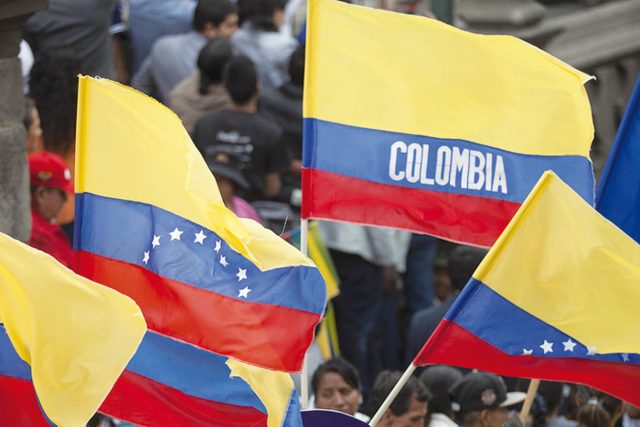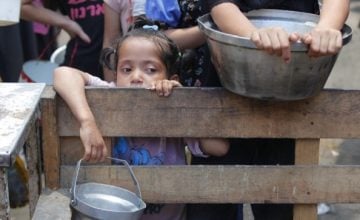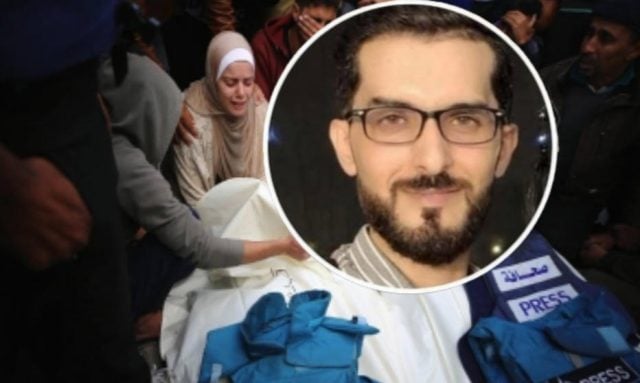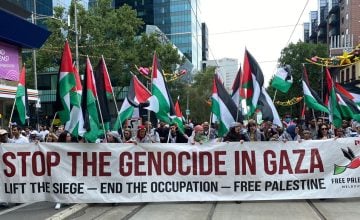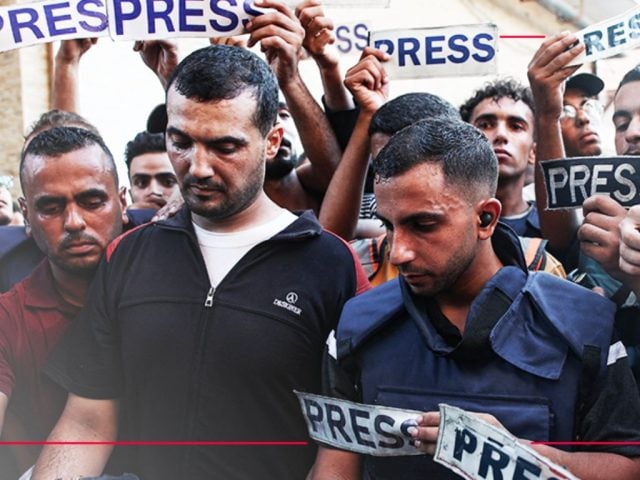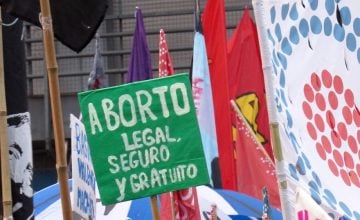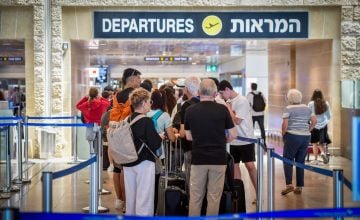The governments of Colombia and Venezuela have taken another step towards the normalization of diplomatic relations, which remained broken throughout the administration of former president Iván Duque, a time that left a difficult gap that both countries plan to rebuild.
The fundamental step to pave the way has been the arrival of the ambassadors designated by Caracas and Bogotá for the diplomatic delegations.
The mission is to open a new chapter that seeks to go beyond understanding. The rescue of friendship and brotherhood between two Bolivarian countries, border peace and joint work to resolve social difficulties, are also part of the binational agenda, reports RT.
However, among the issues to be resolved is the controversy over the situation with the Monómeros company, based in the Colombian city of Barranquilla and which belongs to the Venezuelan State as a subsidiary of Petrochemicals of Venezuela (Pequiven). The strategic company, focused on fertilizers and agrochemicals, was taken over for years by the group linked to former deputy Juan Guaidó, after he declared himself «interim president».What is pending?
In addition to the diplomatic agenda, which is already moving towards normalization, both governments are fully interested in working on priority issues such as binational trade and other more difficult issues.
This scenario shows a clear difference when compared to the controversial relations that Caracas and Bogotá maintained during the last two decades, and which were marked by an intense friction that almost detonated a war.
In the diplomatic field there are issues that seem to be irrelevant, but that ultimately influence the normalization of relations: one of them is to resume the operation of diplomatic and consular offices.
With the arrival of the Venezuelan Ambassador Félix Plasencia in Bogotá, one of his first steps will be to rescue the embassy and consulate that was usurped and «vandalized», for years, by Guaidó’s group, who sent a parallel diplomatic mission that had the ‘recognition’ of the Duke government.
«Venezuela’s spaces in this jurisdiction are going to be rescued and from there we are going to work to attend to everything that needs to be attended to», said Plasencia upon his arrival in Bogotá.
In parallel, the Colombian ambassador in Caracas, Armando Benedetti, said that one of the first things he will do will be to «pay the water, electricity and telephone bills» at the embassy and consulates, as well as make any necessary repairs to the venues.Binational Special Economic Zone
When the formalization of the diplomatic missions finalized with the presentation of the ambassadors before the heads of State, the next step is to advance in the commercial issue and the reopening of the border in conditions of total normality, legality and security, which would impact – according to Benedetti – eight million people on the Colombian side alone.
At this point, comes the proposal that President Maduro recently made to his Colombian counterpart, to establish a Binational Special Economic Zone, which could begin with a test phase in the border region of the state of Táchira and Norte de Santander, and if it is successful, It would replicate in other regions of the extensive border of more than 2,200 kilometers, which also includes the states of Zulia, Apure and Amazonas.
Regarding this, Benedetti announced upon his arrival in Caracas that they are analyzing this proposal. If carried out, the economic zone would have tax exemptions and special legislation that allows the Colombian government to «invest in works that impact the development of the region» and integration.
Beyond the impact that trade integration between the two countries would have for the rest of South America, this Monday, Petro went a step further and proposed to the Andean Community (CAN) the incorporation of Venezuela, Argentina and Chile to the bloc. «We must be more powerful, bring more voices together», he said.Border security between Venezuela and Colombia
One of the most complex issues is border security, since it involves drawing up joint actions to address the presence of irregular armed groups, criminal gangs dedicated to drug trafficking and human trafficking, as well as combating an intricate regime of violence, which includes extortion, threats and hired assassins in the hot spots of the border area.
The situation, aggravated in recent years by the lack of coordination between the security forces of both countries, has caused criminal groups to increase their presence and control in border communities, operating with greater impunity.
This reality in the border dynamics has caused serious violations of Human Rights, such as the increase in forced displacement, disappearances of people and lethal violence, mostly executed against social leaders, signatories of the peace process and representatives of the indigenous, peasant and afro communities.
In this regard, at the beginning of August, the Venezuelan Minister of Defense, Vladimir Padrino López, reported that he would establish «immediate contact» with his Colombian counterpart, Iván Velásquez Gómez, to reestablish military relations and thereby begin to work on joint strategies. for border protection.The controversy in Monómeros of Venezuela
Another issue is resolving the controversy surrounding the control of the Monómeros company, which has been in the hands of Guaidó since 2019. The government of President Nicolás Maduro accuses the former opposition deputy of carrying out a systematic robbery and embezzlement of the Venezuelan State’s resources in that company.
Venezuela has already begun to execute the necessary actions to resume the control of the company, with the appointment of a new Board of Directors.
However, the conflict still remains unresolved, because within Monómeros, the Guaidó group continues to be present, and it refuses to accept the appointment of the staff appointed by the Venezuelan government.
Petro has recognized that the matter is complicated and advanced that «the legal forms» that the company currently has should be reviewed, with the aim of studying the intricate «system of sanctions» that the US government imposed against Caracas, «that are still in force”, and that permeates Monómeros, for being part of the Venezuelan oil industry.»We are brothers»
Despite the difficult path they must overcome, the new diplomatic representatives of each country agree that Colombia and Venezuela are «brother» countries, sharing their cultures, traditions and ties that even reach families.
Regarding this, the Venezuelan foreign minister, Carlos Faría, highlighted on Monday, after receiving the Copies of Style from the Colombian ambassador in Caracas, that Benedetti’s appointment is based «on the hope» of «reraising the flags of solidarity, peace and understanding» between the two countries.
«Relations with Venezuela should never have been broken, we are brothers. An imaginary line cannot separate us, much less a public policy of the State as happened with former President Duque», said the Colombian ambassador.
For his part, Plasencia, upon arriving in Bogotá, stressed that together with Benedetti they are carrying out coordinated work «to do things right, to rescue the good tradition of contact between peoples, between countries that are ‘brothers’ and that are essential for Latin America and the Caribbean».
